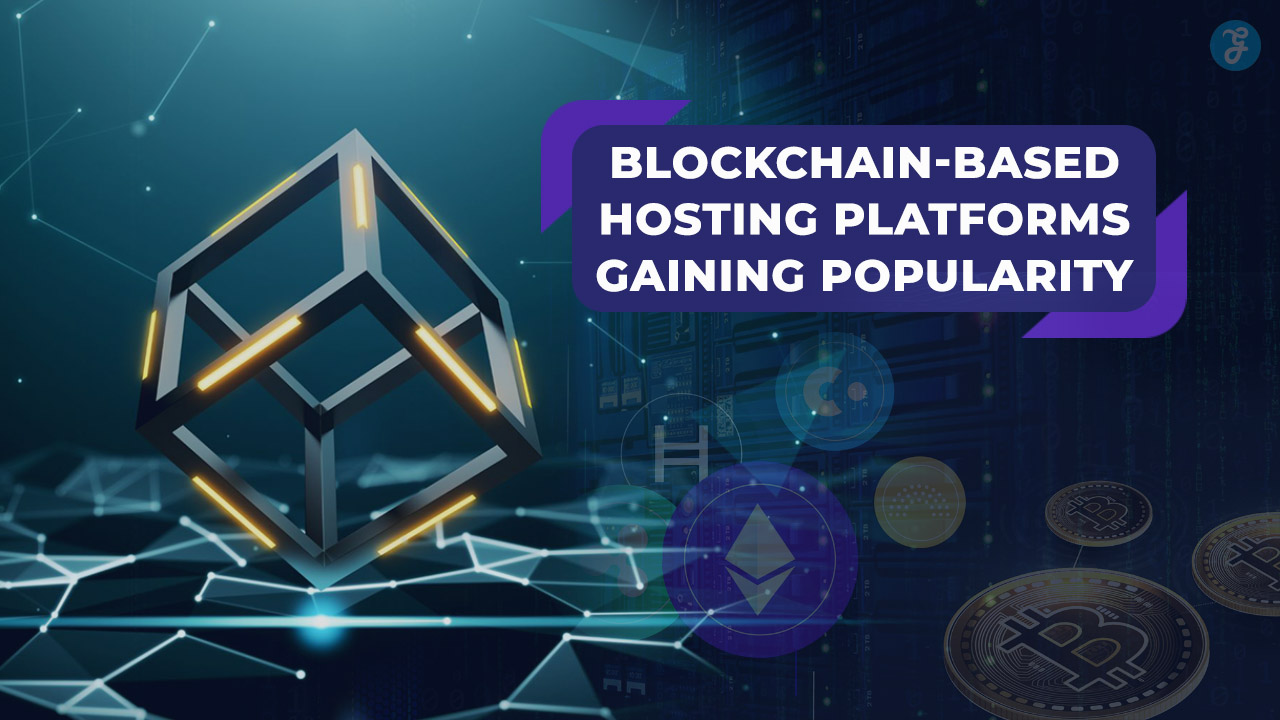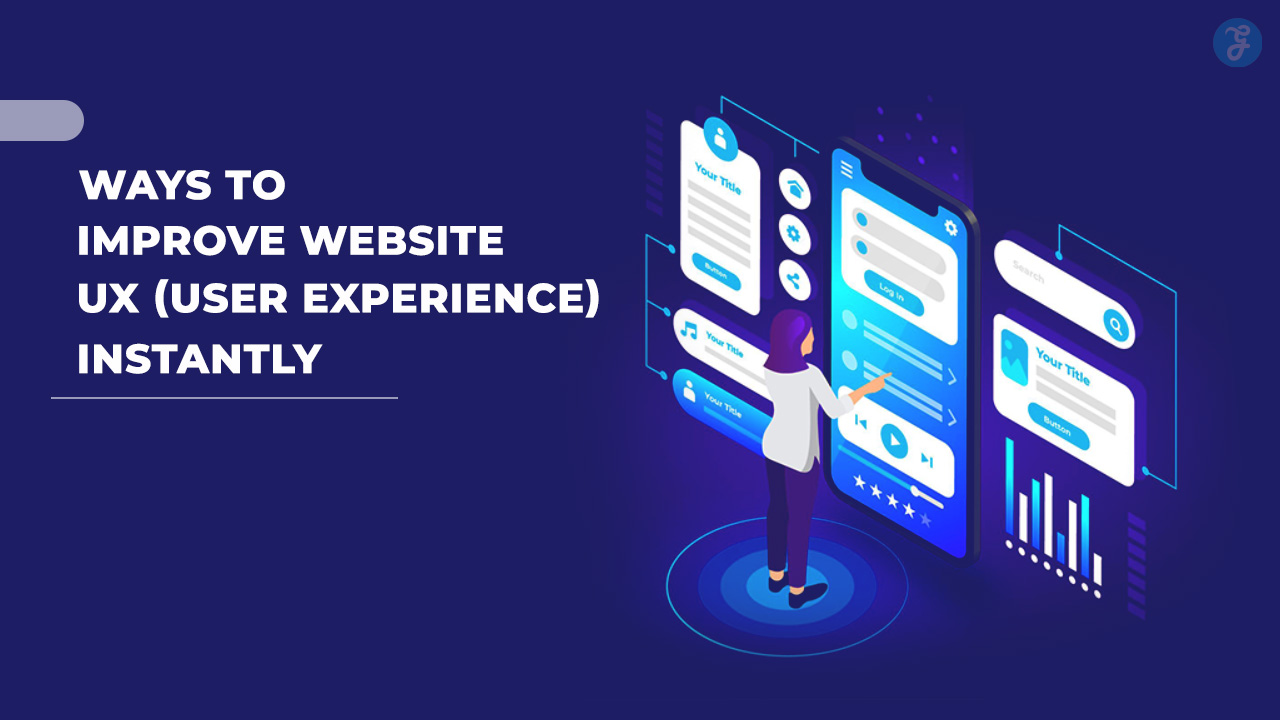Many people around the world face unfair treatment every day. Discrimination can happen because of how someone looks, where they come from, or who they love. Zero Discrimination Day on March 1st wants to stop this.
It’s a day for everyone to get together and say no more to unfairness.
This special day reminds us that each person deserves respect and dignity. This blog will show you why this day is important and how it helps fight against inequality. Read on if you want to learn more about making a fairer world for everyone.
Key Takeaways
- Zero Discrimination Day is on March 1st. It helps fight against unfair treatment. The day promotes fairness for all, including those with HIV.
- This day focuses on different issues each year. Past themes include helping women and girls, changing harmful laws, and urging people to speak out.
- Fighting discrimination helps improve health care for everyone. Marginalized groups often face the biggest challenges in getting the help they need.
- Everyone can join in making a difference. Standing up against unfairness and supporting kindness are big steps forward.
- Looking ahead to 2025, the goal is to keep working towards a world where everyone is treated with respect and compassion.
What is Zero Discrimination Day?
Zero Discrimination Day is a day to raise awareness about discrimination. It promotes equality and celebrates diversity around the world.
Universal day of observance
Zero Discrimination Day is a universal day of observance. It takes place annually on March 1st. This day promotes inclusion, compassion, and peace. The goal is to end inequalities around the world.
Communities receive support and funding to respect human rights. They work hard to stop discrimination against marginalized communities. Zero Discrimination Day celebrates everyone’s right to lead a full life with dignity.
Ending discrimination is vital for social justice and equality for all people, including those living with HIV (PLHIV).
Promotes diversity and equality
Zero Discrimination Day promotes diversity and equality. It is a special day observed every year on March 1st. This day helps everyone understand the importance of inclusion and compassion.
Communities come together to support people from different backgrounds. They work to make sure everyone’s rights are respected.
Ending discrimination is important for all groups, especially women and girls, and marginalized communities. Fairness means treating everyone with respect. This effort also fights against HIV-related discrimination and other stigmas faced by key populations.
Promoting equality creates a more accepting society where everyone can lead a full life with dignity.
Recognizes the impact of discrimination
Discrimination affects many people. It harms individuals and communities. Zero Discrimination Day helps shine a light on this issue. People suffer from health disparities when discriminated against, especially marginalized groups.
This day reminds us that everyone deserves to live with dignity.
Ending discrimination is vital for public health, especially for people living with HIV (PLHIV). Their rights must be protected to stop the HIV epidemic. We need to speak up against racial discrimination and gender stereotypes.
Everyone has a role in promoting equity, tolerance, and acceptance in society.
Key Themes and Events of Past Zero Discrimination Days
Zero Discrimination Day has highlighted important issues over the years. Each event focused on fighting for rights and raising awareness about different forms of discrimination.
Women and girls
Women and girls face many challenges due to discrimination. They often do not have the same rights as men. This inequality affects their health, education, and job opportunities. Discrimination can limit their choices in life.
Zero Discrimination Day highlights these issues. It calls for support and action to help women and girls thrive. Ending inequalities is essential for everyone’s dignity. The fight against discrimination helps create a better society for all.
Next, let’s explore how discrimination impacts healthcare access for marginalized groups.
Decriminalizing laws
Decriminalizing laws is a crucial step in ending discrimination. Many laws harm marginalized communities. These laws can lead to stigma, violence, and exclusion. Zero Discrimination Day highlights the need for change.
Ending legal penalties helps people live with dignity.
Communities often struggle with HIV-related discrimination due to these laws. Removing these barriers is vital for public health and equality. It allows everyone to seek care without fear of punishment or shame.
Supporting these changes can help create a more inclusive society where all voices matter on International Women’s Day and beyond.
Stand up against discrimination
Standing up against discrimination is vital. Every year, on March 1st, we observe Zero Discrimination Day. This day calls for inclusion and peace. It also supports the fight for human rights.
Communities work to end inequalities globally. They receive funding and support to watch over respect for these rights.
Discrimination harms many people, especially those living with HIV or in marginalized groups. Ending discrimination against PLHIV is a must to tackle the HIV epidemic. It’s necessary to amplify voices that often go unheard.
Speaking out against gender stereotypes is important too. Together, we can create change and promote compassion for all individuals.
Open dialogue and understanding
Discussions help build bridges. Open dialogue creates a safe space for people to share their experiences. It allows individuals to express their feelings about discrimination. Understanding each other’s stories can lead to empathy and change.
Zero Discrimination Day encourages this kind of communication. Communities are urged to engage in talks that focus on respect and human rights. By listening, we can learn more about the struggles faced by marginalized groups, including those living with HIV.
Ending inequalities means responding compassionately and making sure everyone feels valued.
Transforming society
Transforming society is vital for ending inequalities. Zero Discrimination Day promotes inclusion and compassion. This special day reminds us that everyone deserves to lead a full life with dignity.
It helps raise awareness about discrimination, especially against marginalized groups like people living with HIV (PLHIV). Each year, communities receive support and funding to monitor respect for human rights.
Advocacy plays a key role in this change. Standing up against discrimination can shift mindsets. Open dialogue fosters understanding among diverse groups. As we work together, we build a strong movement for change that benefits all individuals and creates a better world for everyone.
The Impact of Discrimination in Healthcare
Discrimination in healthcare can lead to big health gaps. Many marginalized groups face unfair treatment, which worsens their health outcomes.
Health disparities
Health disparities affect many people. They often occur in healthcare access and quality. Marginalized groups face greater challenges. For example, people living with HIV experience stigma and discrimination.
This makes it hard for them to get the care they need.
Ending inequalities is vital for improving health outcomes. Support for these communities is necessary to promote equality. Zero Discrimination Day aims to highlight these issues every year on March 1st.
In doing so, it encourages compassion and understanding to fight against discrimination in healthcare systems worldwide.
Discrimination against marginalized groups
Health disparities affect many people. Marginalized groups often face extra challenges in getting care and support. This includes women, girls, and people living with HIV (PLHIV). Discrimination against these groups is a big problem.
It can deny them the right to live healthy lives.
Ending inequalities requires action. Advocacy is essential to fight discrimination against marginalized communities. Everyone deserves respect and dignity, regardless of their background or health status.
Zero Discrimination Day aims to highlight these issues and push for change in society.
Need for advocacy and action
Many people face discrimination in healthcare. This leads to health disparities, especially for marginalized groups. Ending inequalities requires clear advocacy and action. It is vital to support those living with HIV and other underserved communities.
Everyone deserves the right to live with dignity.
Helping these groups can change lives. Advocacy can raise awareness about their needs and challenges. Compassionate voices must speak out against gender stereotypes too. More understanding leads to better solutions for all people, especially on Zero Discrimination Day 2025, which calls for inclusivity and compassion in every community.
Looking Ahead: Zero Discrimination Day Insights 2025
Looking ahead to Zero Discrimination Day 2025, we will keep fighting against inequalities and spread kindness. Join us in this important movement for change. Read more to see how you can help!
Continuing the fight against inequalities
The fight against inequalities must go on. Zero Discrimination Day is a day of action observed every year on March 1st. It calls for everyone to stand up against discrimination and support inclusivity.
Ending discrimination, especially against people living with HIV (PLHIV) and other marginalized groups, is vital. This change is not just right; it’s also necessary to end the HIV epidemic.
Communities around the world need support and funding to protect human rights. Everyone deserves the chance to live with dignity. Amplifying voices of those most affected by inequality helps create understanding.
Communities can come together to promote peace, compassion, and respect for all people as part of this movement for change each year on Zero Discrimination Day.
Promoting inclusivity and compassion
Continuing the fight against inequalities leads us to an important goal: promoting inclusivity and compassion. Zero Discrimination Day shines a light on these values. It supports communities that work hard to ensure everyone is treated fairly.
Compassion helps people understand each other’s struggles.
Zero Discrimination Day celebrates everyone’s right to live with dignity. Ending discrimination against people living with HIV (PLHIV) and marginalized groups is vital for human rights.
This work also helps stop the HIV epidemic. On this day, we strive for a world where kindness rules over hate and acceptance grows stronger than stereotypes.
Creating a movement for change
Creating a movement for change is vital. Zero Discrimination Day promotes inclusion and compassion. This day reminds us to support the rights of all people. It encourages communities to monitor human rights and end discrimination.
Ending inequalities globally is a key goal for everyone.
Discrimination affects many lives, especially those living with HIV and marginalized groups. Standing up for these individuals is not just important; it’s necessary. We must amplify their voices and speak out against stereotypes based on gender or race.
Together, we can create a strong movement that pushes for respect and dignity in every community on this important day in 2025.
Takeaways
Zero Discrimination Day matters. It teaches us about the fight against inequality. We learned how discrimination affects health and society. Everyone deserves respect, regardless of their background.
Practical steps can help us all make a difference. Why not start by joining local efforts for inclusion? Your voice matters.
This day reminds us that change is possible when we work together. Let’s stand up for those who are often ignored and support each other in this journey towards equality.
FAQs
1. What is the purpose of Zero Discrimination Day Insights 2025?
Zero Discrimination Day Insights 2025 aims to end inequalities and fight against HIV-related discrimination.
2. How does Zero Discrimination Day relate to ending inequalities?
Zero Discrimination Day focuses on promoting equality by fighting against unjust actions like HIV-related discrimination, thus ending inequalities.
3. Can you explain the link between Zero Discrimination Day and International Day of Happiness?
Both days focus on human rights issues. While Zero Discrimination day fights for equality, International Day of Happiness promotes global happiness as a universal human right.
4. How can we contribute towards Ending Inequalities: Zero Discrimination Day Insights 2025?
We can help by raising awareness about HIV-related discrimination, promoting equal rights, and participating in events associated with both Zero Discrimination day and International day of Happiness.














































